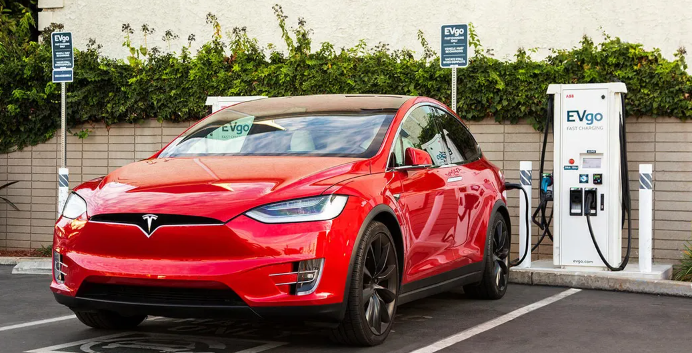The Latest News
Electric Vehicles Get Yet More Devastating News from American Consumers

Recently, there hasn’t been good news for EVs.
According to numerous complaints, they are either difficult to use or utterly useless for a road trip. Taking the thing more than a few miles is difficult because to the lengthy charge durations, constrained battery life, and requirement to plan the use of charging stations rather than simply stopping at any gas station.
Then there’s the fire issue: if an EV were to catch fire, you’d better get out and plan on wasting a few hours while the fire service tries to put it out and the water carries lithium ion pollution wherever it goes while it tries to do so.
And so, keeping those issues in mind as well as others, let’s move on to another thing we all know to be true: combustion engine vehicles are the way to go and the wise choice if you need to get the job done reliably. Sure, battery-powered vehicles look cool and Tesla vehicles can accelerate from 0 to 60 mph quickly.
A recent, devastating (for the EV industry) poll reveals that only a meager 14% of the American consumer base would definitely consider purchasing an EV, indicating that American consumers must have taken all of that into consideration or at least recognized some of the problems with the souped-up golf carts that are EVs.
Range anxiety and cost are the main deterrents to buying an electric vehicle, according to a recent Consumer Reports survey of Americans. Only 14 percent of those surveyed stated they would definitely purchase an EV, which is insufficient to sustain a thriving used EV market.
At the moment, more than a quarter of Americans are not interested in purchasing an EV, with pricing and range anxiety being the main deterrents for buyers. A lot of Americans are still unaware of how EVs operate and the associated tax benefits. The key to encouraging increased EV use is to advance technology (e.g., increase car range), increase the number of public charging stations, and provide/publicize financial incentives that lower purchasing costs.
Americans may be becoming slightly more receptive to EVs. However, as a recession approaches, the industry’s subdued consumer base’s enthusiasm is really bad news.






